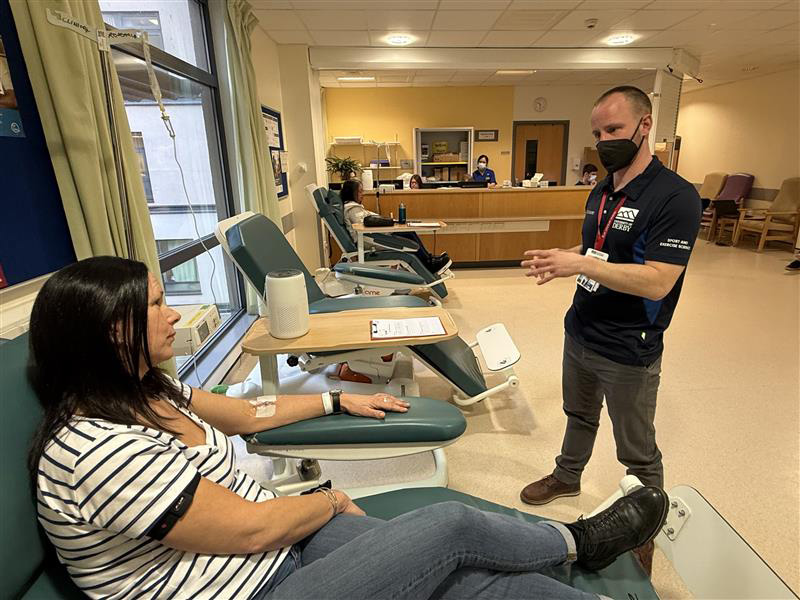Matt Hancock is to introduce a bill for universal dyslexia screening of primary school children

Matt Hancock is to introduce a bill for universal dyslexia screening for primary school children.
Speaking to the House of Commons, Matt Hancock said:
“I believe that everyone has a contribution to make & it is the role of government to help people make the very best of their lives Let’s make the UK a global leader in raising the standards of how we identify, teach and assess children who think different
“While 40% of successful entrepreneurs are estimated to have dyslexia, so too are over half of the prison population. My bill in Parliament for universal screening for dyslexia in primary schools would help to solve this injustice.
“With the right screening, teaching and assessment, dyslexic children can make the most of their brilliant neurodiverse minds.”

Dr Louise Karwowski, Director of Education at Cognassist, the UK’s leading digital neurodiversity assessment and training provider, said:
“The proposed bill by Matt Hancock to bring in universal screening for dyslexia in primary schools is a step in the right direction – the state school system has historically been far less likely to identify learning difficulties. In the decade up to 2018, the number of state secondary pupils registered with special educational needs fell by nearly 40 per cent.
“Early identification and intervention can be life changing for those with dyslexia and could significantly increase their life opportunities. However, the government should ensure that measures do not end with identification: is the school system adequately prepared for an inevitable increase in demand for specialist support such as additional 1:1 time with a SENCo, assistive technology, or reasonable adjustments for assessment? The resources for these support measures must be guaranteed alongside universal screening – diagnosis without support could indeed widen the opportunity gap, rather than reduce it.
“Furthermore, while this is promising for students with dyslexia, there are many other developmental conditions that impact learning. Digitally assessing and providing support for a range of cognitive needs, such as dyspraxia, dyscalculia, and ADHD, would improve outcomes for a far wider range of students and help foster an inclusive curriculum. Rather than trying to fit a profoundly diverse body of pupil into a rigid teaching and assessment system from an early age, it is now time to consider the opposite: how we package educational information for a wide range of cognitive functions.”











Responses